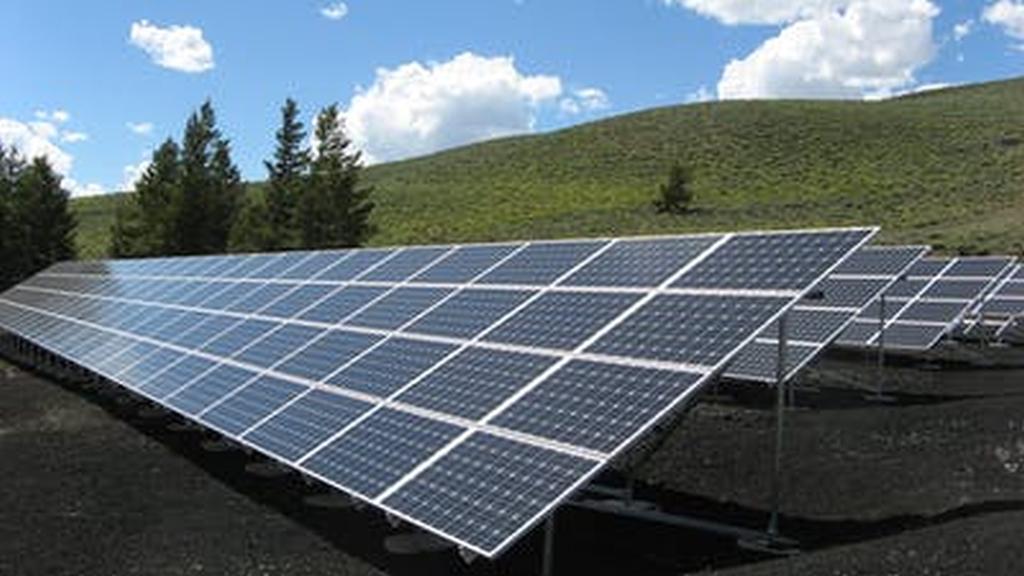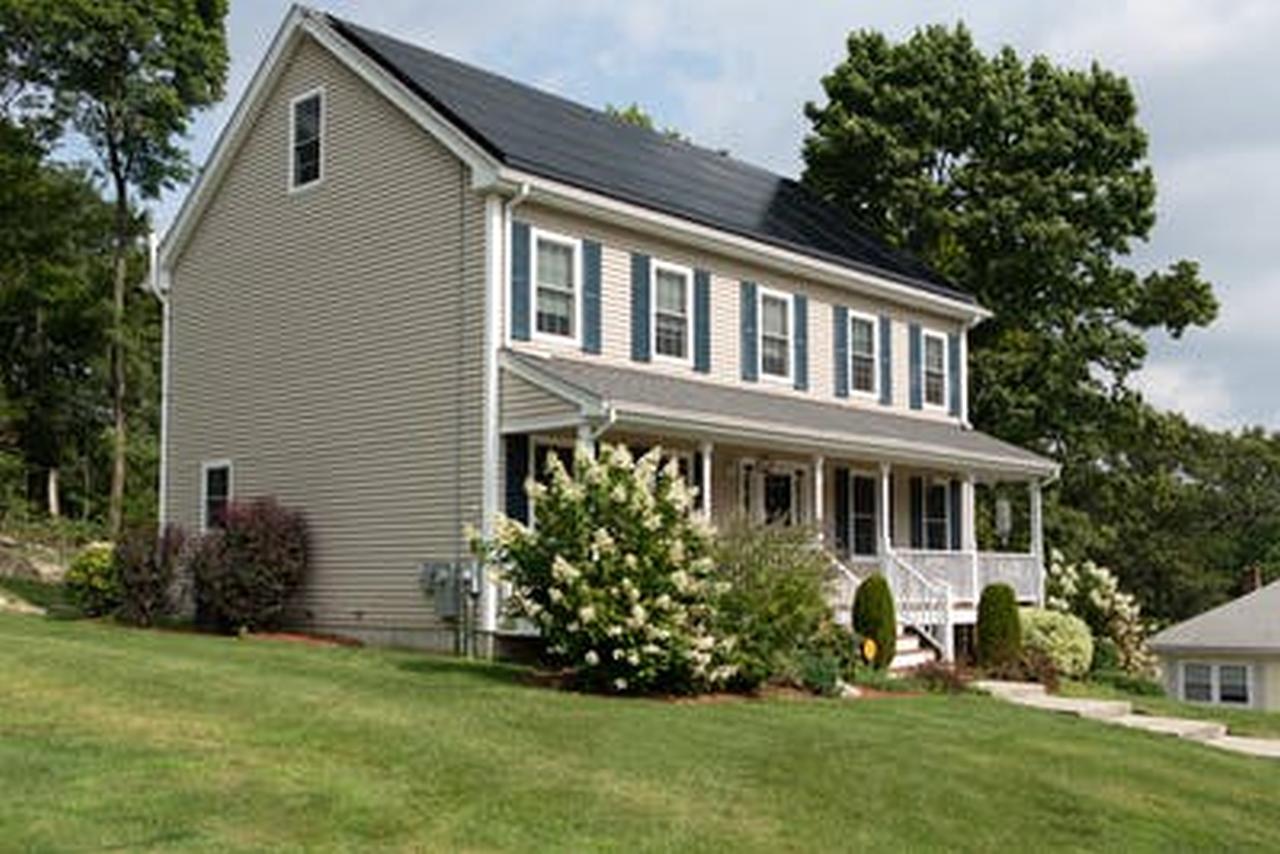Installing solar panels yourself can be a financially and environmentally rewarding project. While it requires time, effort, and a good understanding of the process, doing it yourself can save you considerable installation costs.
Here’s a comprehensive guide on installing solar panels, including the tools you’ll need, the step-by-step process, and essential points to remember.
Let’s get straight to the point
DIY Solar Panel Installation can save money and contribute to a sustainable future. Still, it requires careful planning, the right tools (like a cordless drill, wrench, and safety gear), and a solid understanding of the installation steps.
Key steps include assessing your roof, setting up mounting brackets, attaching solar panels, and connecting the system to an inverter and your home’s electrical system. Prioritise safety with gear, proper electrical connections, and roof protection to avoid warranty issues.
Regular maintenance and monitoring are essential for efficiency, and DIY solar can offer significant savings, although some rebates may not apply.
Tools And Equipment Needed

Before beginning, gather the essential tools and equipment for a smooth installation. This preparation is essential to avoid delays and ensure your system is securely and safely installed.
Basic Tools And Safety Gear
- Cordless Drill: For drilling holes in the roof or installation surface.
- Screwdriver: Essential for fastening and securing various components.
- Tape Measure: Helps in accurately marking and positioning your panels.
- Wrench Set: For tightening bolts and nuts.
- Ladder and Harness: Ensures safety when working at heights.
- Safety Glasses and Gloves: Provides protection when handling metal or electrical equipment.
Solar System Components
- Solar Panels: Choose high-quality panels suitable for your energy needs.
- Inverter: Converts DC energy generated by the panels to AC for home use.
- Mounting Brackets: Used to attach solar panels to the roof or ground.
- Cabling and Connectors: These are required for wiring and connecting panels to the inverter and your home.
- Battery Storage (Optional): Stores excess energy for later use if you have an off-grid system.
Having the right tools and equipment ensures a smooth and effective installation.
Step-By-Step Guide To Installing Solar Panels
Below is a step-by-step guide for installing solar panels yourself. Each step should be completed carefully to ensure the system works efficiently and safely.
1. Assess Your Installation Site
- Evaluate the Roof Condition: Ensure your roof can support the additional weight of solar panels. If the roof is damaged or nearing the end of its lifespan, consider repairing it first.
- Determine Sun Exposure: For optimal performance, panels should ideally be placed on a north-facing roof (for Australia) with minimal shading.
- Measure and Plan: Determine how many panels will fit in the available space.
2. Install The Mounting System
The mounting system is critical, as it keeps your panels securely attached to the roof or installation site.
- Mark the Drilling Points: Use a tape measure to mark where each mounting bracket will go.
- Drill Holes for the Mounts: Carefully drill holes in the marked areas.
- Attach the Mounting Brackets: Secure each bracket to the roof using carriage bolts that is supplied by the best carriage bolt Suppliers. Ensure they are level and aligned properly to avoid alignment issues later.
3. Attach Solar Panels To The Mounts
Once the mounts are in place, you can attach the panels.
- Position Each Panel on the Mounts: Carefully place each panel on its mount.
- Secure with Screws and Bolts: Use a screwdriver or wrench to tighten bolts and keep the panels firmly attached to the mounting system.
- Check Alignment: Ensure all panels are aligned correctly for uniformity and optimal exposure.
4. Connect The Panels
Connecting panels properly is essential for a functional system.
- Series vs. Parallel Connections:
- Series: Increases voltage, suitable for smaller systems.
- Parallel: Increases current, ideal for larger setups.
- Connect Panels Using Cables: Use appropriate connectors to link panels per the chosen configuration.
- Check Connections: Inspect all connections to ensure they’re secure and watertight.
5. Connect The Inverter
The inverter converts the DC electricity the panels produce to AC, which can be used in your home.
- Place the Inverter Near the Panels: Ideally, install it close to the panels to minimise energy loss.
- Connect Panels to Inverter: Follow the manufacturer’s instructions to connect the panel wiring to the inverter.
- Secure Wiring: Ensure all wires are safely secured to prevent wear and tear.
6. Connect To Your Home’s Electrical System
For this step, it’s often recommended to consult a licensed electrician for safety.
- Connect Inverter to Breaker Panel: The inverter must be wired to the breaker panel to distribute energy throughout the home.
- Install a Safety Switch: A safety switch is recommended to shut down the system during maintenance or emergencies.
- Test the System: Power up the inverter and check if the electricity flows properly.
7. Test And Monitor The System
Once the setup is complete, test thoroughly to ensure your system functions as expected.
- Monitor Power Output: Most inverters have an app or monitor to check energy production.
- Inspect for Any Issues: Periodically check that the panels and wiring are intact and secure.
Things To Remember During Installation

Installing solar panels is complex, and certain precautions can help avoid common pitfalls. Here are key considerations to remember as you proceed with your DIY project.
1. Safety And Roof Protection
- Avoid Roof Damage: If not done correctly, drilling into the roof can lead to leaks. Ensure all holes are properly sealed.
- Maintain Roof Warranty: Check if installing panels yourself could void the roof warranty.
- Wear Protective Gear: Use a harness, gloves, and goggles to prevent accidents.
2. Electrical Safety
- Turn Off Electricity: Always shut off electricity before working on wiring to avoid electric shock.
- Follow Electrical Codes: Your installation must comply with local codes to ensure safety and eligibility for rebates.
- Use Correct Wiring: Select the right gauge of wire for the power output to prevent overheating.
3. Maximising Efficiency
- Optimal Panel Placement: Ensure panels are positioned at an angle and direction that maximises sunlight exposure.
- Regular Cleaning: Dust and debris can reduce efficiency, so clean panels regularly.
- Monitor System Performance: Regular monitoring helps identify any issues early.
4. Potential Costs And Savings
- Cost of Equipment: Expect to spend a few thousand dollars on panels, inverters, and mounting equipment.
- Labour Savings: DIY installation can save up to 10% of the total cost by avoiding professional labour charges.
- Eligibility for Rebates: Some government rebates may not apply to DIY installations; confirm eligibility if this is important.
Maintenance And Troubleshooting
Proper maintenance and periodic inspections are key to ensuring the longevity of your solar system.
- Regular Cleaning: Keep panels free from dust and debris for maximum efficiency.
- Annual Inspections: Check for loose wiring, damage, or wear on the panels and mounting hardware.
- Professional Check-Ups: Consider an annual professional inspection to ensure optimal performance.
Conclusion
Installing solar panels yourself can be rewarding, offering substantial savings and the satisfaction of contributing to a sustainable future.
You can complete your DIY solar installation by carefully following each step-from assessing your installation site to testing the system.
Safety should be your top priority throughout the process. Ensure that your system meets local electrical and building codes. Although DIY installation demands effort and precision, the benefits of reduced energy bills and energy independence are well worth it.
Regular maintenance will help extend the system’s lifespan, keeping it running efficiently for years. By going solar, you’re not just investing in your home; you’re investing in a cleaner, greener future.
FAQs About DIY Solar Panels
Can You Install Solar Panels Yourself?
Can you install solar panels yourself? The short answer is ‘yes, but there are some serious drawbacks to going it alone. Installing solar panels isn’t exactly as simple as mounting a light fixture or swapping out your water filtration system.
How Long Do Solar Panels Last?
Based on that information, solar panel manufacturers typically offer warranties of about 25 years or more. And in the case of newer or well-built systems, panels can last for 30 years.
Do Solar Panels Need Servicing?
As solar panels have no moving parts, very little service and maintenance are required. However, to keep your solar panels generating efficiently, we recommend an annual service to ensure your system is kept in full working order and any fault or drop in a generation is flagged immediately and resolved.
How Do I Install Solar Panels in My House?
Order a solar-power inverter and have it installed in your home by an experienced electrician. The inverter will convert the electricity generated from the direct current generated by the array to alternating current, a form usable by your home’s electrical system, and store any excess power in a battery.

